David DeansWales political reporter
 BBC
BBCThe winner will represent Caerphilly in Cardiff Bay for about six months, until all of Wales can vote in next May’s Senedd election.
With eight days to go to the by-election, this is what we learned.
1. Pressure on public services is a big issue
Candidates were asked by audience member Ryan Bevan what they would do to support and improve Caerphilly’s public services.
Plaid Cymru’s Lindsay Whittle said “we’ve seen the spirit and soul of our communities slowly fade away with the erosion” of services, as amenities such as libraries and swimming pools closed or faced closure.
Investment, he said, needed to be in “the right places” not “top-heavy organisations”.
Green Party candidate Gareth Hughes said the way to fund public services adequately was by “taxing the rich” properly, getting those with the “broadest shoulders to carry the burden”, as was the case in continental European countries, he added.
Reform’s Llŷr Powell accused the Labour Welsh government of spending “vast sums of money on projects that don’t prioritise front line services”, saying he would “prioritise frontline services right now”.
Richard Tunnicliffe, who is defending the Caerphilly seat for Labour, heard accusations of hypocrisy, which he denied, for campaigning to keep libraries open when the local Labour council had been seeking to close them.
He said he was “passionate” about libraries and made books for a living, as he was a publisher, and he wants funding from a UK government scheme to help libraries to survive.
Liberal Democrat Steve Aicheler accused Tunnicliffe of hypocrisy but said there were “absolutely difficult decisions” to be made on budgets.
“Our priority is on care,” he said, promoting what he called his party’s “most ambitious child care plan for Wales.”
Conservative Gareth Potter said his party was the only one saying it would reverse next year’s expansion of the Senedd from 60 to 96 members, saving £120m.
“We’re the only party that says that £120m needs to go to frontline services in education and NHS, that’s how we’ll spend it,” he said.
2. As always, the NHS looms large
The second question came from audience member Jordan Morris, an NHS hospital pharmacist, who asked how candidates would reduce hospital waiting lists and improve access to GPs.
Labour’s Tunnicliffe said the Welsh government had ploughed £600m extra into the NHS and long waits were coming down.
Lib Dem Aicheler accused Welsh Labour of 25 years of failure on the health service, praising his local GP surgery, and saying “best practice” should be shared to improve services across the board.
Reform’s Powell said there was no “quick fix” to the NHS and staff needed to be retained in the service, but was pressed on Reform leader Nigel Farage’s previous comments on the NHS.
Farage called for a debate on an insurance-based system when leading UKIP in 2015.
“I will not vote in any way to privatise the NHS,” said Powell. He said that Farage was not a candidate in the by-election.
Conservative Potter said Labour Welsh ministers were spending “ridiculous” amounts of money in areas that were not frontline services.
Plaid’s Whittle said better links were needed between health and social care to release beds in hospitals.

3. Immigration sparked the most emotional exchanges
Llŷr Powell came under fire more than anyone else for his party’s stance on migration.
It was put to Powell that only 2.9% of people in Caerphilly were born outside of the UK – figures that come from the most recent census in 2021.
Powell said that was out of date and that more had come to the UK since then, but did not have his own figure for the constituency.
He said: “I’m not saying it’s all bad. What I’m saying is we need to get back to controlling migration,” he said.
Later, he was directly challenged by an audience member about the impact Reform’s rhetoric was having on her own family. He was told: “You’re talking about human beings. You don’t treat them like human beings.”
Powell emphasised that he was talking about policy, saying: “The level of immigration we’ve got coming in right now to the United Kingdom is too high.”
Most of the rest of the candidates were less negative about immigration.
Tunnicliffe said immigration was being “weaponised”. He said it was a “serious issue” and said Labour wanted “to fix it”.
“Controlled, legal migration has benefited and helped us. Helps the NHS, it helps the care homes. It helps some business.”
Lindsay Whittle said he would be “proud” to continue to support the Welsh government’s nation of sanctuary policy, which provides some support for refugees.
“The Ukrainian people are living in fear and hope of being sent back,” he said.
Aichler said he did not think immigration was a problem in Caerphilly, but the perception was. He said asylum seeker hotels were “divisive”.
Hughes accused Reform of “making people that come to this country, fleeing from war, the enemy”.
Potter said the nation of sanctuary policy needed to be looked at. He said he fully understood people coming from Ukraine because it was “war torn”.
4. Politicians know trust is in short supply
Labour’s Tunnicliffe says he knew people were disappointed by politicians and he was not a “career politician like Lindsay or Llŷr. I had a career”.
The publisher said he was coming into politics “only now”. “I will work with anybody, if it helps to affect change for the people of this constituency,” he said.
Plaid’s Whittle rejected the accusation from Tunnicliffe that he was a career politician.
He said he liked to think those who had repeatedly voted him in as a councillor “trust me”.
Hughes, of the Green Party, said there was no trust in politics because politicians made “promises they can’t keep”. “They need reasonable things put before them that are obtainable,” he says.
Reform’s Powell said politics was at a “sad level” regarding trust. “I’m trying to ask for a mandate to ask better for this area,” he says.
“There isn’t a magic wand, there isn’t anything one of us can do,” he said, adding he had tried to be “frank and honest” in his campaign.
Potter, of the Conservatives, said no-one had voted for the 20mph speed limit policy, which was in the Labour manifesto at the last election but was not a big feature of the campaign at the time. “20mph needs to disappear,” he said.
Lib Dem Aicheler backed the 20mph limit, saying there were hundreds of people who had not “had to spend time visiting relatives in hospital” because of it.
Who are the eight candidates standing for election?
The six parties that took part in the debate represent parties with clear evidence of electoral support in Caerphilly, taking account of past elections there and Wales opinion polls.
The eight candidates in the by-election are:
Liberal Democrats: Steve Aicheler
Gwlad: Anthony Cook
Greens: Gareth Hughes
Conservatives: Gareth Potter
Reform: Llyr Powell
UKIP: Roger Quilliam
Labour: Richard Tunnicliffe
Plaid Cymru: Lindsay Whittle
You can find out more about them here.

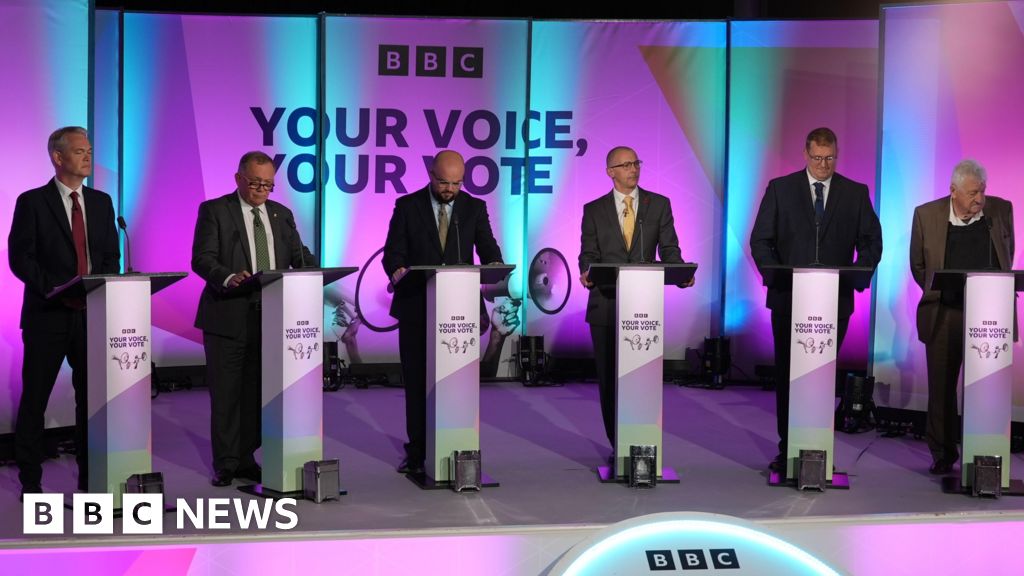

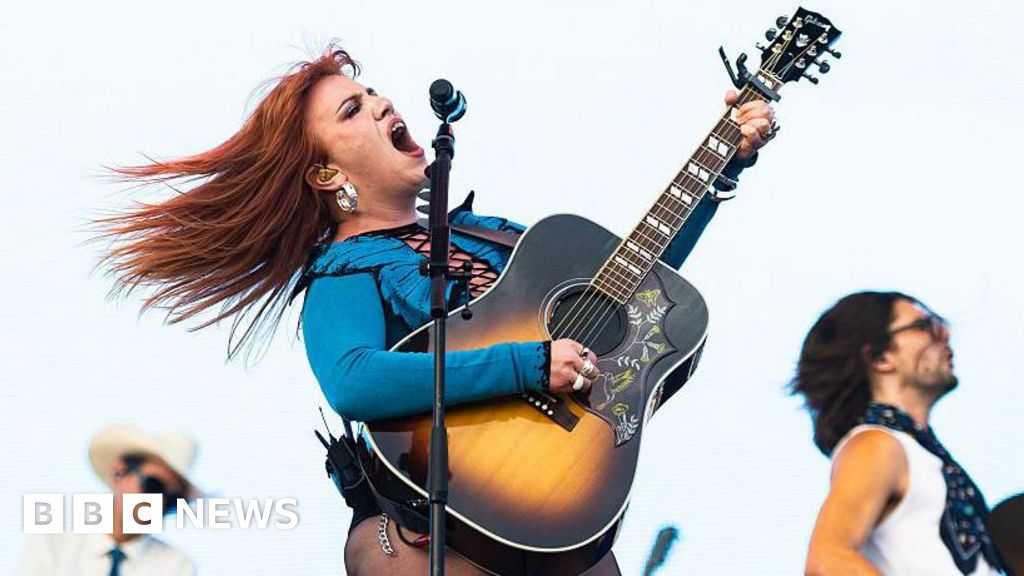
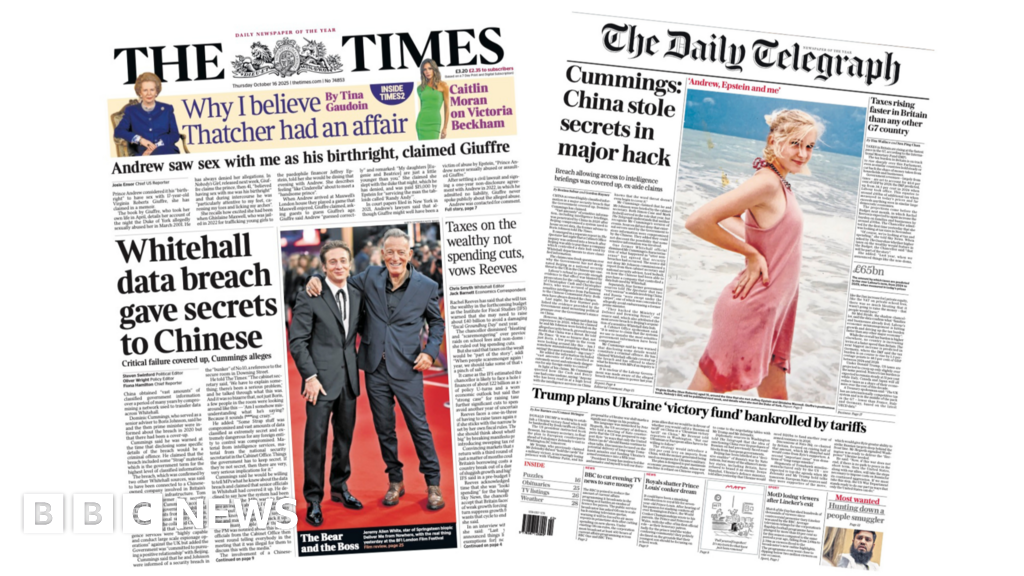
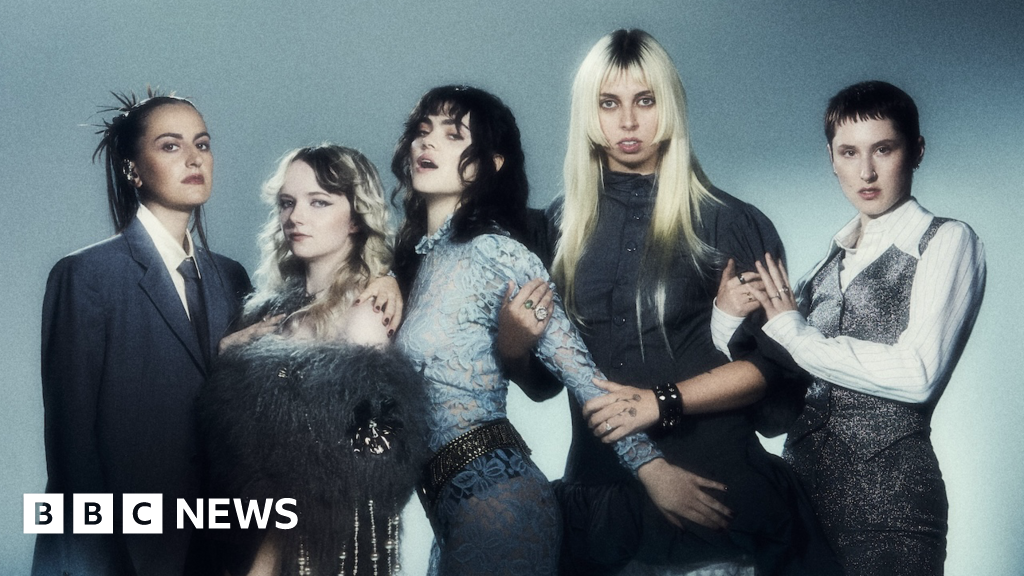
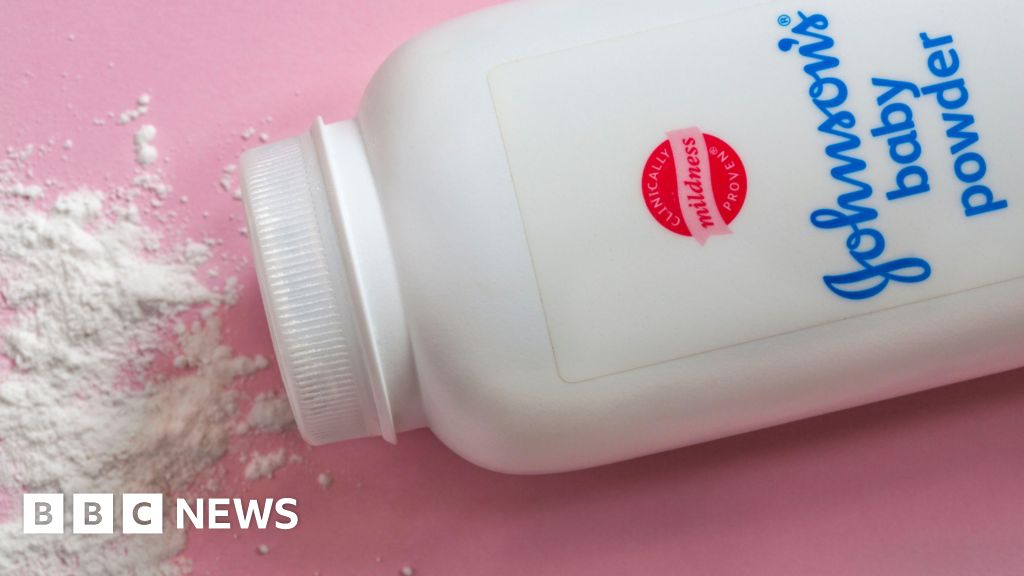
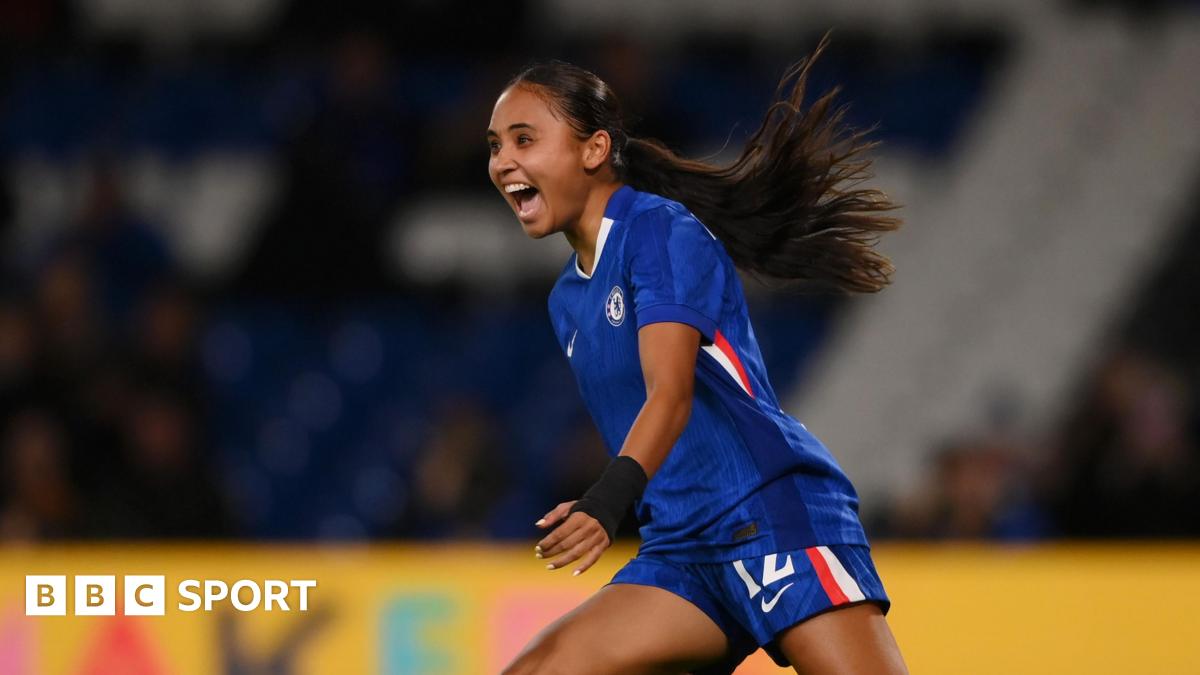
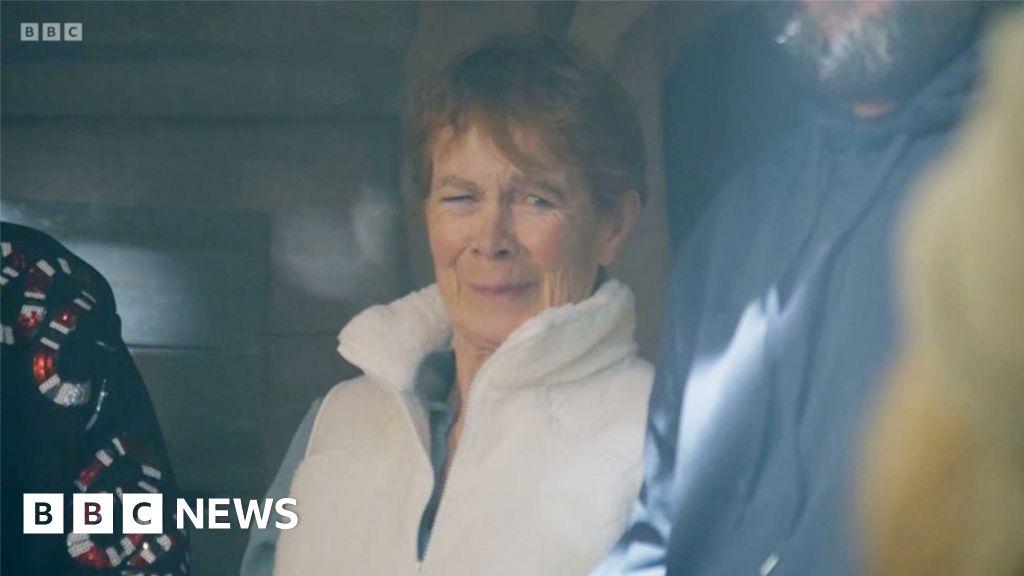
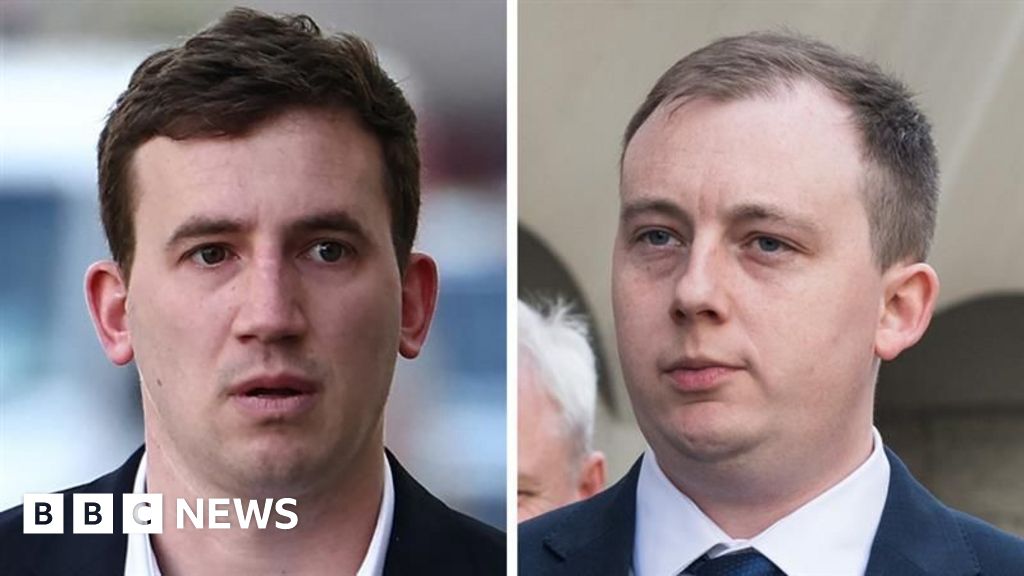
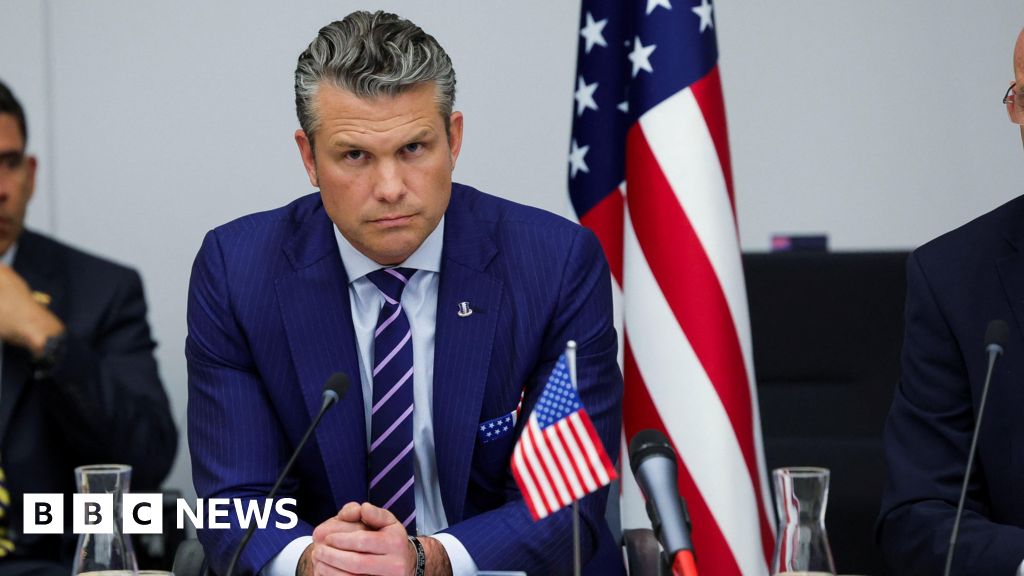
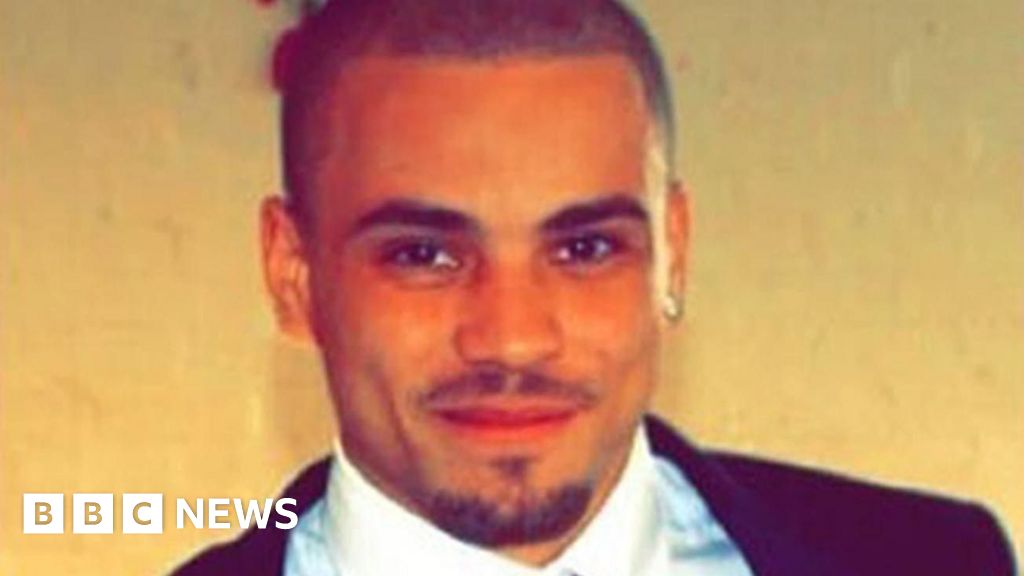

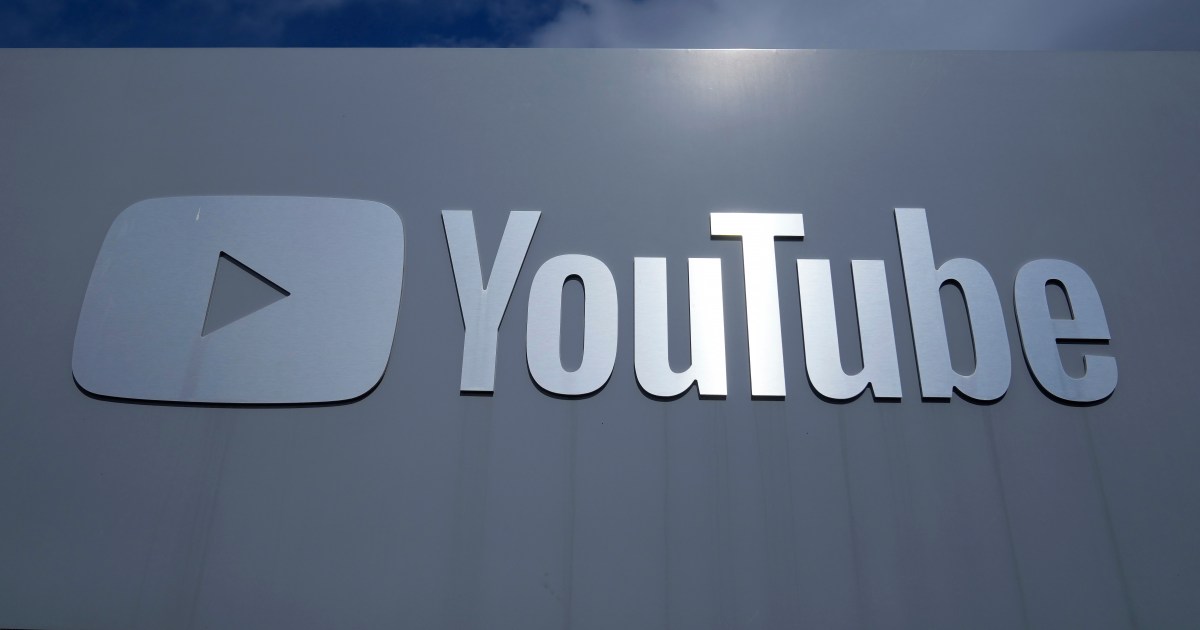
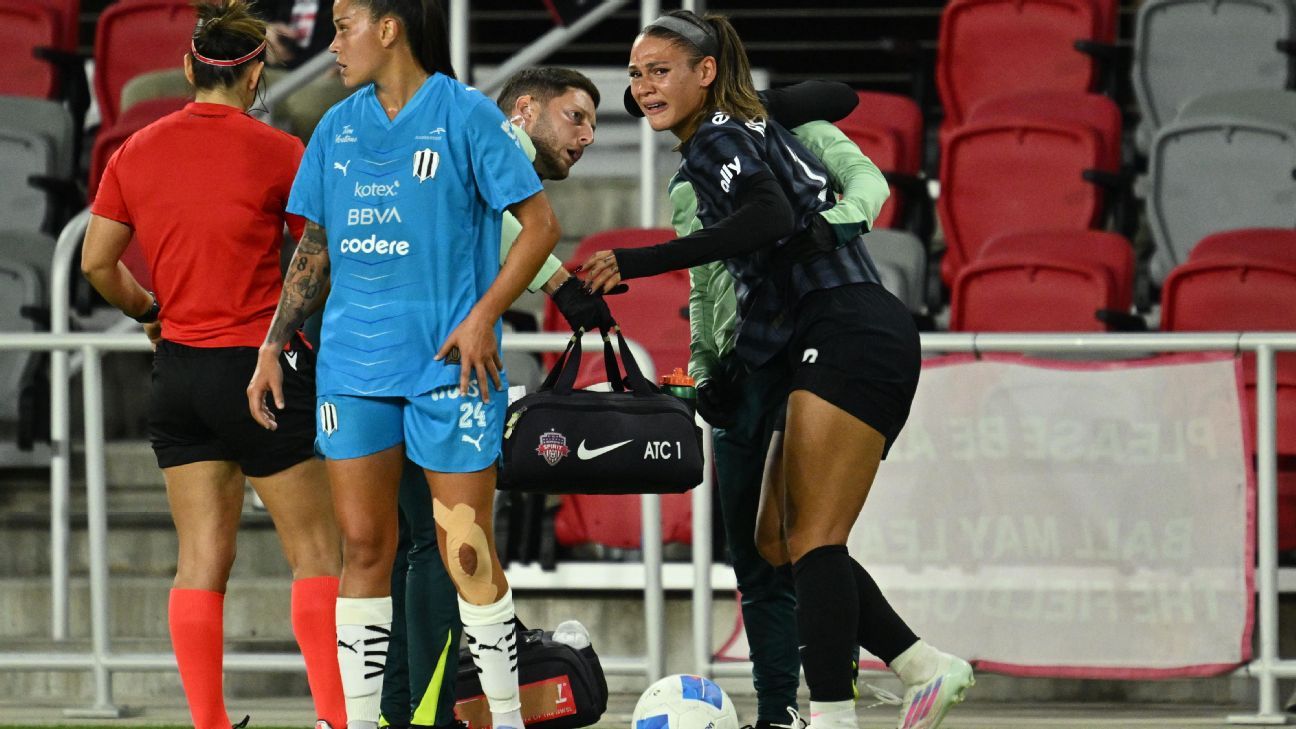
Leave a Reply